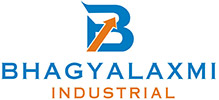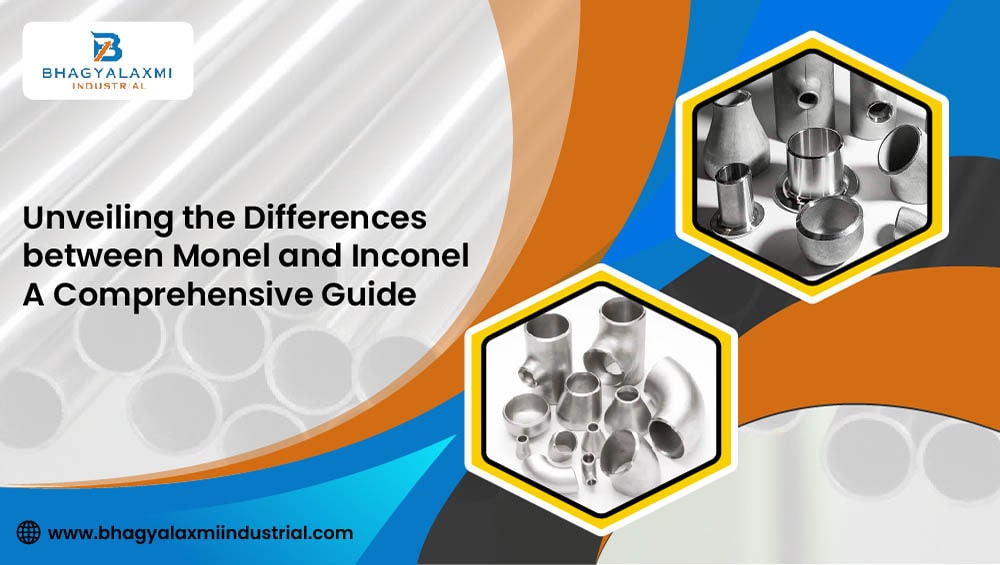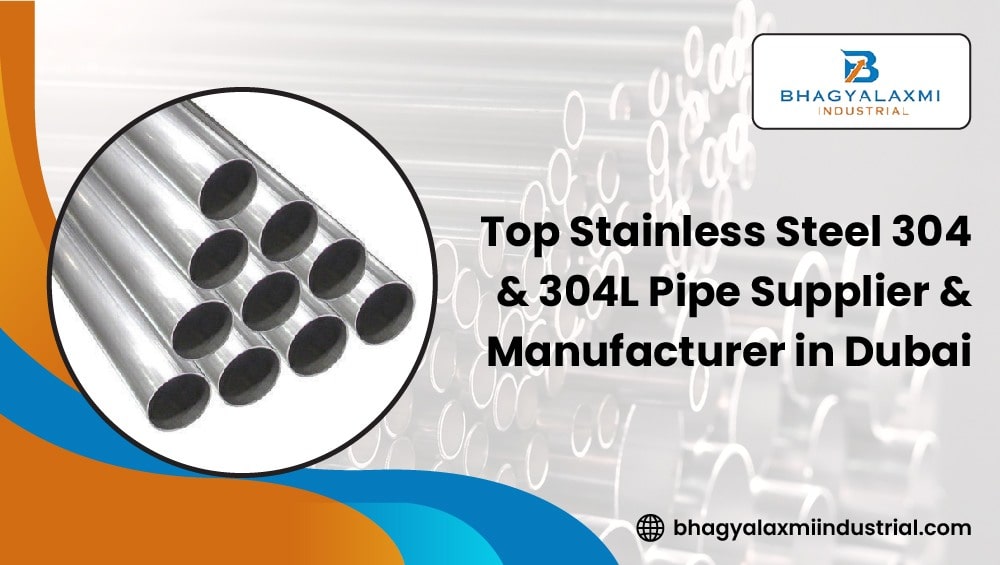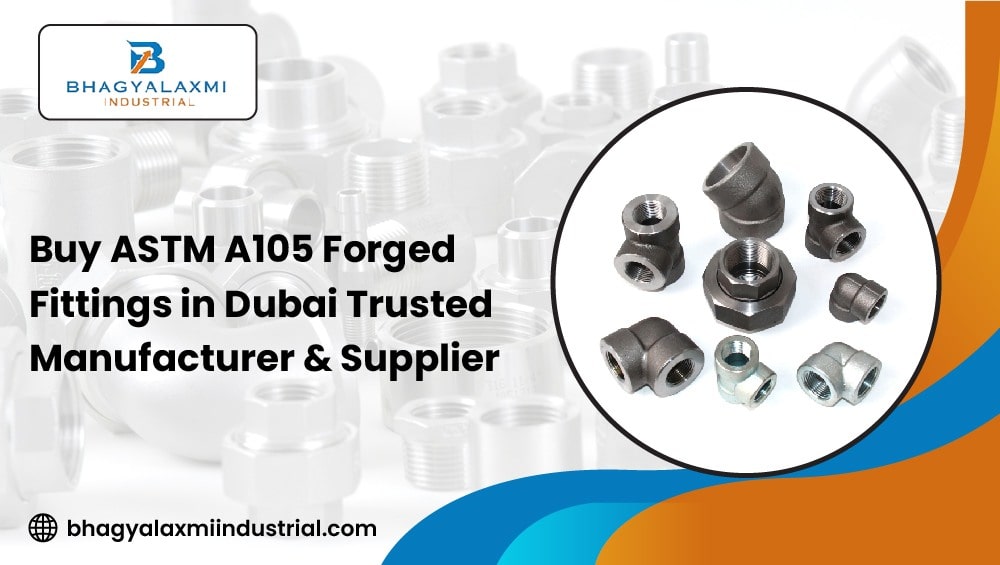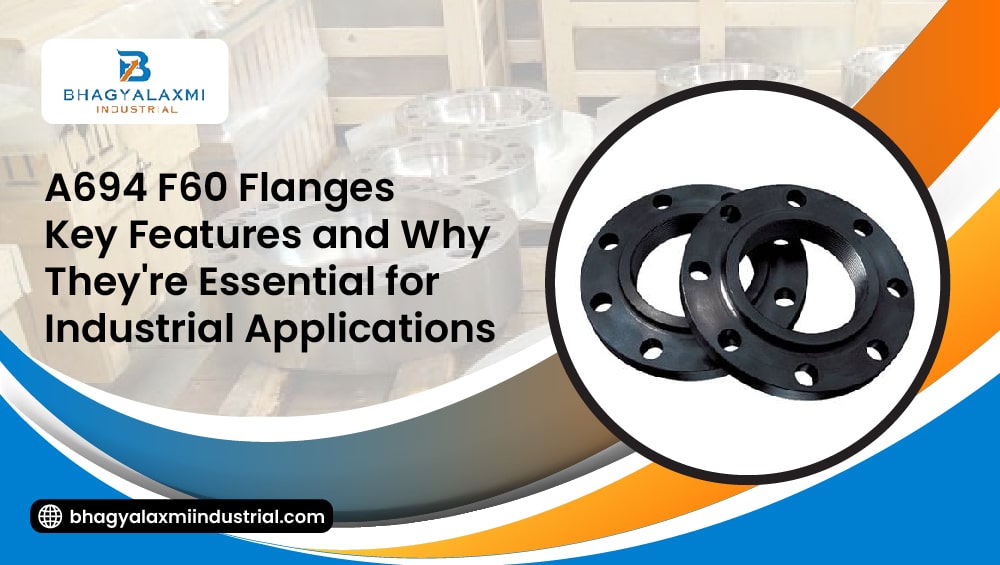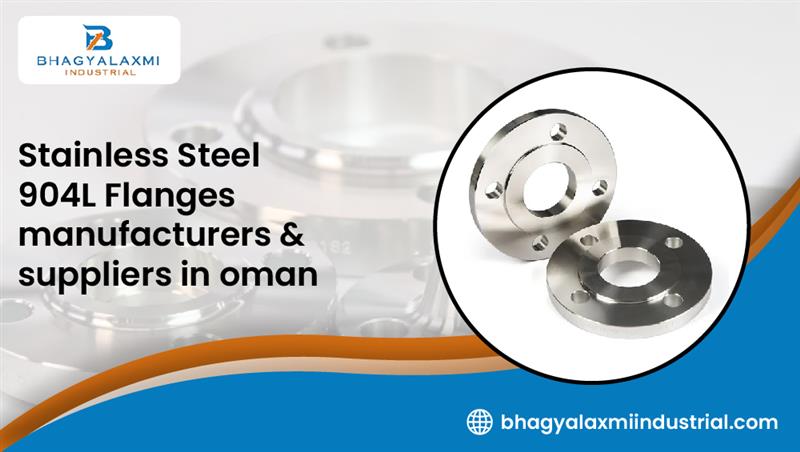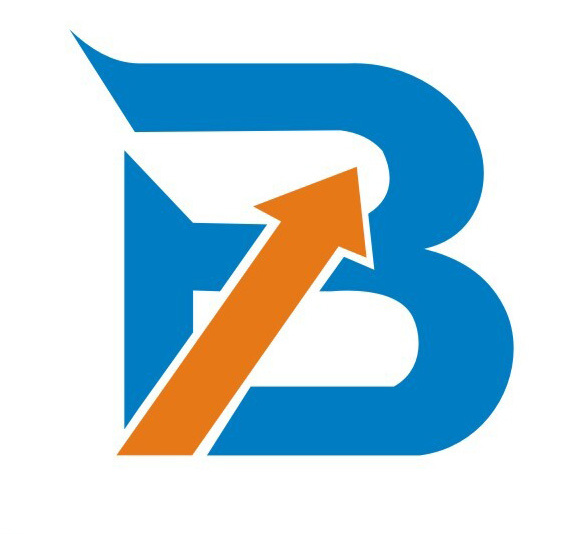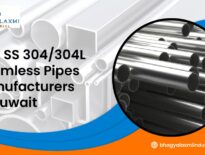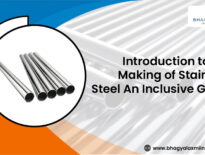Monel and Inconel are both highly valued specialty metals noted for their superior corrosion resistance, resilience, and adaptability. Both are utilized extensively in a variety of industries, including aerospace, the processing of chemicals, and maritime applications. Despite being similar, Monel and Inconel possess very different compositions, characteristics, and applications. Bhagyalaxmi Industrial will look at these changes in depth, with an emphasis on their applications in items like Incoloy 800 round the bars, ASTM F467 fasteners suppliers, Monel 400 Forged Fittings manufacturer, as well as Monel 400 sheet manufacturer.
Composition and Properties
Monel
Monel comprises a nickel-copper alloy having around 67% nickel and 30% copper, along with trace amounts of manganese, iron, carbon, and additional elements. Monel’s key advantage is its high durability against corrosion by a wide range of fluids, particularly seawater, hydrofluoric acid, acidic sulfuric acid, as well as alkalis. Monel has good mechanical qualities at both room and increased temperatures, making it useful for a variety of applications.
Inconel
Inconel is a nickel-chromium superalloy with exceptional durability against oxidation and corrosion, in addition to high-temperature strength. Inconel’s composition varies depending on the alloy, although it often contains a high amount of nickel, chromium, and additional elements like molybdenum, iron, cobalt, as well as tungsten. Inconel alloys are resistant to high temperatures and severe conditions, making them perfect for use in aerospace, industry furnaces, as well as chemical processing applications.
Applications
Monel
Monel is utilized in a wide range of applications whereby corrosion resistance is required. Monel’s capacity to withstand seawater corrosion makes it useful in the maritime sector for shipbuilding and offshore platform construction. Monel is utilized in the chemical manufacturing sector to make heat exchangers, valves, as well as pumps for corrosive chemicals. Monel 400 forged fittings along with sheets are highly valued because of their ability to retain integrity in hostile chemical conditions.
Inconel
Inconel is utilized in applications requiring high thermal toughness and corrosion resistance. Inconel is utilized in the aerospace sector for blades for turbines, combustion chambers, along afterburners because of its ability to endure severe temperatures along with oxidizing atmospheres seen in jet engines. Inconel is utilized in the chemical processing sector for thermal exchangers, reaction vessels, and pipes that handle corrosive fluids at high temperatures. Inconel materials commonly utilized during these demanding applications include Incoloy 800 round bars along with ASTM F467 fasteners.
Comparison
Corrosion Resistance
While both Monel and Inconel have excellent corrosion resistance, both are appropriate for various sorts of corrosive situations. Monel is highly resistant to corrosion with seawater and other acids, but Inconel is more susceptible to corrosion and oxidation at elevated temperatures.
Temperature Resistance
Inconel has stronger temperature resistance than Monel. Inconel alloys can keep their toughness and resistance to corrosion at temperatures of up to 1200°C, making them ideal for high-temperature applications like gas turbines along with industrial furnaces. Monel, on the other hand, is commonly utilized in applications where temperatures do not exceed 500°C.
Mechanical Properties
Both Monel along Inconel have excellent mechanical qualities, although Inconel is generally stronger, particularly at high temperatures. This makes Inconel the best choice for applications requiring both high-temperature endurance and corrosion resistance.
Cost
Monel is typically less expensive than Inconel because to its simplified composition while lower demand. However, the decision between Monel along Inconel should be made based on the application’s unique requirements rather than the cost alone.
Conclusion
Monel along with Inconel are two excellent materials with distinct features that make them appropriate for a variety of applications. Monel’s nickel-copper composition provides good corrosion resistance in a variety of environments, including seawater and acids, which makes it perfect for marine as well as chemical processing applications. Inconel’s nickel-chromium composition provides great resistance to corrosion and oxidization at elevated temperatures, making it ideal for aerospace, commercial furnaces, and processing chemical applications.
As Monel 400 Forged Fittings and Monel 400 Sheet Manufacturers, we recognize the necessity of delivering high-quality, corrosion-resistant products to the marine and chemical processing sectors. In a comparable manner being an Incoloy 800 Round Bars Manufacturer alongside ASTM F467 Fastener Supplier, we are dedicated to providing goods that can survive high temperatures as well as harsh environments, ensuring the dependability and efficacy of our customers’ applications.
Whether Bhagyalaxmi Industrial working on an underwater project, a manufacturing furnace, or an aeronautical application, selecting the correct material is critical to the success and sustainability of your project. With our Monel and Inconel knowledge, Bhagyalaxmi Industrial can assist you in selecting the appropriate material for your unique requirements, making sure your project fulfills the highest quality and performance standards.
